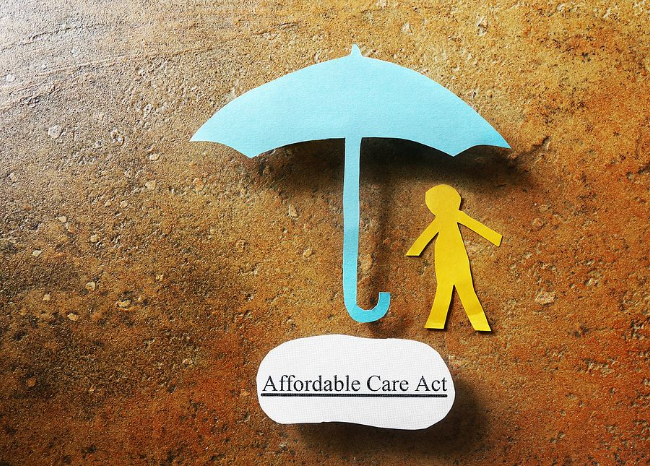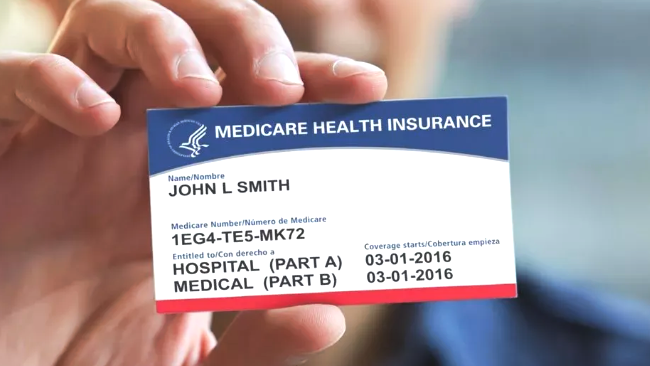Share This Post
Can You Deduct Private Health Insurance Expenses From Your Taxes?
Healthcare is one of those necessary budget items that many people don't like to think about but have to. According to the Centers for Medicare and Medicaid Services, national health spending is expected to grow at an average rate of 5.4% annually for the next several years. Most people obtain an insurance policy through a health insurance broker, an employer or the government to help with expenses.
Why You Need Health Insurance
With rising healthcare costs, it's easy to see why health insurance is necessary. It helps you pay for preventative care to avoid significant health issues before they become bigger problems. Routine checkups, flu shots, and annual bloodwork help you and your doctor stay on top of your health, potentially saving you money on medical bills.
Health insurance also helps cover unplanned expenses that could otherwise become financially devastating. No one plans a car accident or major illness, but insurance can cover some costs associated with diagnostic tests, surgeries, hospital visits and rehabilitation.
What Is Private Health Insurance?
Private health insurance plans are available through the private insurance industry instead of government-run programs. Private plans include:
- Employer-sponsored plans
- Dental and vision insurance
- Supplemental plans
- Short-term healthcare insurance
Private health insurance is the prevailing coverage source for Americans. The U.S. government estimates that about 65% of the population uses private health insurance.
Is Private Health Care Insurance Tax Deductible?
The government classifies monthly payments for health insurance premiums as medical expenses. You can deduct the amount from your taxes if you pay for medical insurance on your own.
You may be able to claim tax deductions for your private health care insurance. You'll need to look at your income and how you get your health insurance to determine your eligibility.
Health Insurance Through an Employer
Many companies offer health insurance to their employees. They may reimburse health insurance costs through payroll deductions. If so, your employer is already excluding insurance costs from your gross income. In addition, these reimbursements do not get taxed under state and federal laws.
If you have this type of healthcare insurance, you are already paying no taxes on it. Therefore, you can't claim another deduction for your medical insurance on your year-end taxes.
COBRA Insurance
COBRA insurance is a temporary continuation of your employer-sponsored health insurance coverage after you leave the company. You pay these premiums on an after-tax basis, so they are tax-deductible.
Marketplace Insurance
You can deduct your health insurance premiums if you obtain coverage through an insurance marketplace. However, if you can get private health insurance coverage through your spouse's employer and decline that coverage, you cannot deduct your personal premiums on your tax return.
The Effect of Adjusted Gross Income
Your adjusted gross income is a modification of your gross income. It is what you earn minus expenses such as student loan interest, alimony and IRA contributions.
The IRS allows you to deduct a portion of your medical expenses that is more than 7.5% of your adjusted gross income. You cannot include reimbursed expenses; if you didn't pay for the cost directly, you can't deduct it.
Insurance Costs for the Self-Employed
If you are self-employed and your business had a profit for the year, you may qualify for the health insurance tax deduction. However, if you were eligible for a private health insurance plan subsidized by a family member's employer, you don't qualify.
How To Decide Whether To Itemize Deductions
Before deciding whether to itemize your medical tax deductions, you need to consider the standard deduction. It is the most straightforward method of filing your taxes. Both deduction methods decrease your adjusted gross income, but one may be more beneficial.
Depending on your circumstances, itemizing your deductions may reduce your tax bill. Generally speaking, it's better to itemize when:
- The standard deduction is lower than your itemized deductions
- You pay property taxes and mortgage interest
- You make large charitable contributions
- You had a significant financial loss that insurance did not cover
The standard deduction amount is adjusted annually for inflation. It also varies when:
- You are over age 65
- You are blind
- Another taxpayer claims you as a dependent
What Medical Expenses Qualify for a Deduction?
You can deduct other medical expenses other than your private health insurance costs. Qualifying expenses include:
- Prescribed medications
- Medical services from a health care provider
- Medical equipment
- Transportation to and from medical treatment
- Long-term care facility services
- Long-term care insurance
Some expenses that do not qualify include:
- Cosmetic surgery
- Nonprescription medicine
- Personal care products such as toothpaste and cosmetics
- Funeral or burial costs
Get More Information From a Health Insurance Broker
You can learn more about private health insurance tax deductions from a health insurance professional. An independent health insurance broker at Sackett & Associates Insurance Services can review your options and help you decide on the right coverage for you and your family.
Contact us today to get started.
Share This Post
Taking The Pain Out Of Health Insurance
We make it simple to find the right insurance plans for your needs
In just a few quick steps.





